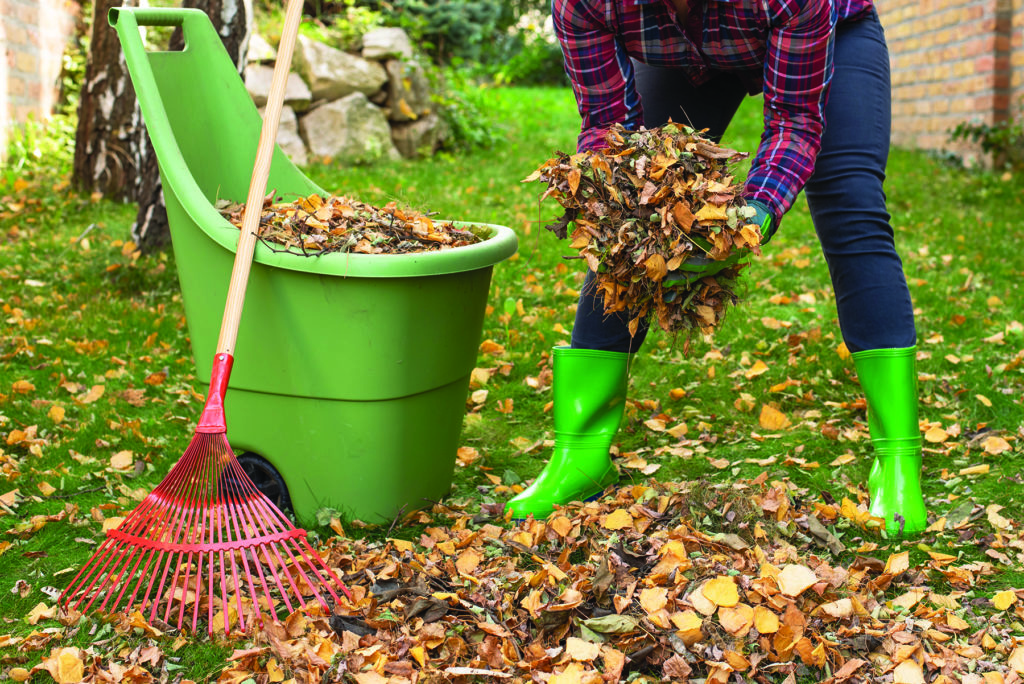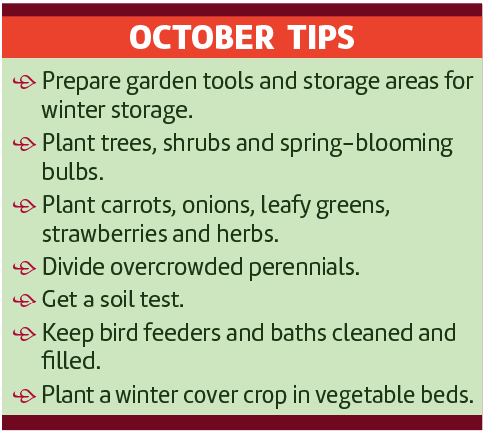Fallen leaves provide all kinds of environmental benefits

To rake, or not to rake, that is the question. And the answer may surprise you.
For generations, it was common practice to not just rake fall’s fallen leaves, but also remove them from the landscape, especially from lawns and manicured areas. Raking has also always been critical for two autumnal traditions — leaping into leaf piles and earning allowances.
Over the last decade, however, more and more folks have adopted a “no rake” approach to fallen leaves, not because they’re lazy but because they’ve discovered that money actually does grow on trees. Granted, dead leaves can’t be deposited in a bank, but they can be “banked” in the ecosystem, and saving leaves leaves money in the bank, or at least in the wallet.
According to microbiologists, ecologists, soil and turf scientists, horticulturists, entomologists, ornithologists and other experts of the natural world, there’s treasure in those leaves. That’s because fallen leaves provide an array of services to our world.
For example, fallen leaves provide habitat for many small but helpful organisms such as microbes and earthworms. These creatures return the favor by providing environmental functions like breaking down the leaves and aerating the soil. Insects also set up housekeeping in dead leaves, including such beloved insects as fireflies, butterflies and moths, many of which rely on leaf litter to complete their life cycles. In addition, birds and other wildlife species use fallen leaves for food, shelter and overwintering.
The leaves themselves are also beneficial, adding nutrients and organic matter back to soils as they decay and providing natural mulch that help suppress weeds, retain soil moisture and protect plants from cold temperatures. And leaves do all that for free, which means we don’t have to spend our money on water, fertilizers and mulching material.
Admittedly, there are times when leaves must be managed. For example, allowing thick layers of dead leaves to pile up for long periods of time can smother the grasses and plants beneath the pile and promote disease and pest issues. However, this problem can often be solved by mowing the area to chop leaves into smaller pieces and redistribute them more evenly across an area.

There may also be reasons to completely remove leaves from some areas of the landscape, but even then, there’s no need to bag them up and toss them out in the trash. Instead, use them in other parts of your yard and garden or to make compost, or offer them to local gardeners, municipal compost and recycling programs or to friends and neighbors who need bedding for chickens and other livestock.
Still have questions about whether to rake or not? Lots of answers and guidance can be found through many conservation, gardening and environmental organizations groups and through Cooperative Extension experts and local municipalities. As a start, check out Alabama Extension’s “Recycling Leaves” article at aces.edu.
Armed with this knowledge, the question may no longer be whether or not to rake, it may be whether you even need a rake.
Katie Jackson is a freelance writer and editor based in Opelika, Alabama. Contact her at katielamarjackson@gmail.com.





